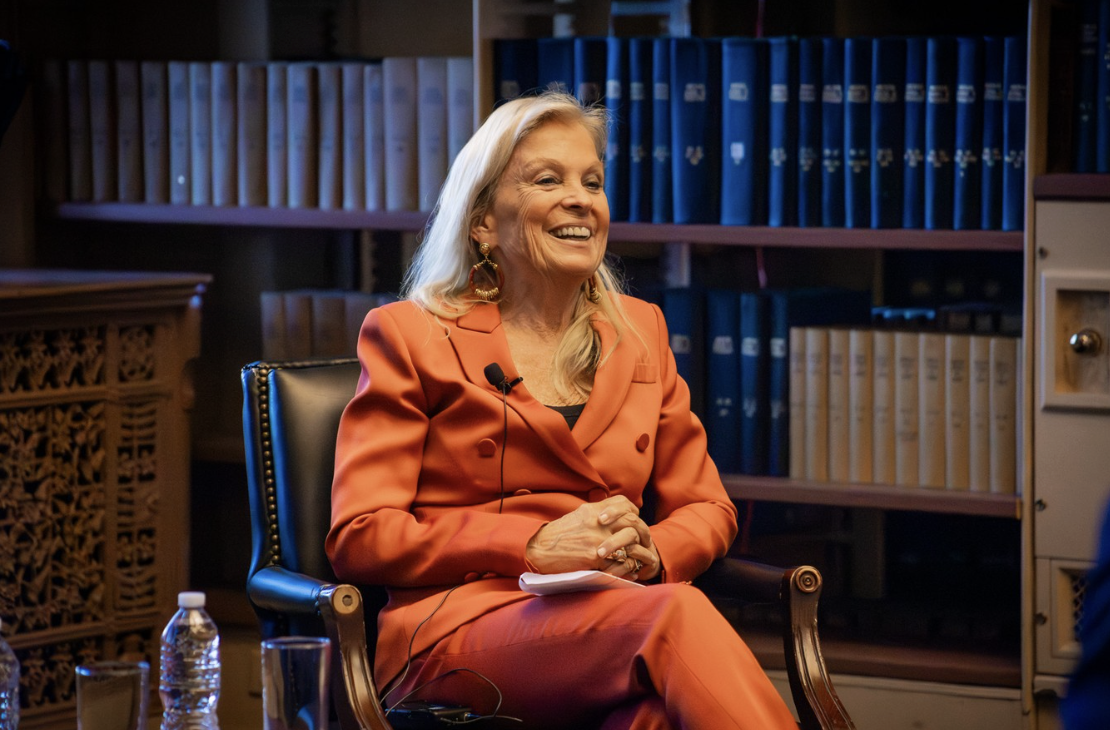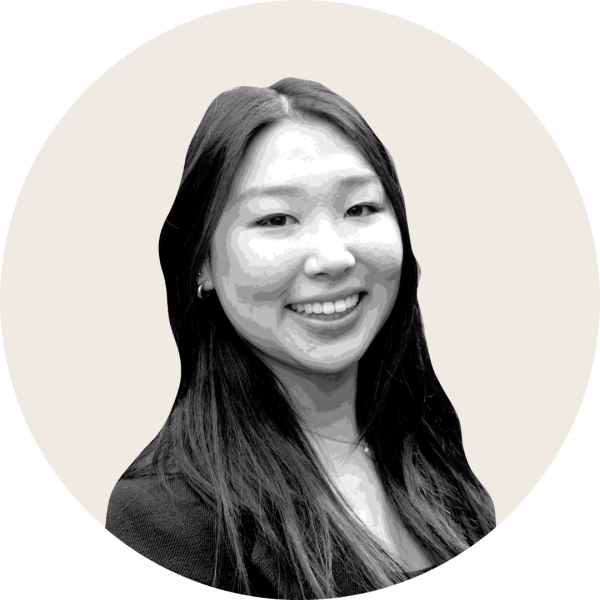Georgetown University’s Free Speech Project, a research initiative dedicated to analyzing trends in free speech access across the globe, hosted a panel about what exercising free speech and protest rights on campus means in a university setting Sept 4.
The event, titled “Peace and Protest on American Campuses,” featured professors David Cole from Georgetown University, Nadine Strossen from New York Law School and Justin Hansford from Howard University School of Law. Anemona Hartocollis, national reporter for The New York Times, joined the conversation, moderated by Sanford J. Ungar, director of the Free Speech Project.
Ungar prefaced the discussion on free speech and peaceful protest by mentioning the ongoing conflict in the Middle East between Israel and Hamas. Outrage over Israel’s treatment of Palestinians has sparked widespread protests, including encampments that featured calls for a ceasefire in Gaza and divestment from companies that support the Israeli military.

Cole started by saying students have a right to protest in universities, even if they are not governed by the First Amendment in private universities.
“I think the rules should be clear; that is, students are free to protest, should be free to protest,” Cole said at the event. “Because private universities, although not governed by the First Amendment, tend to adopt a kind of free speech policy.”
The free speech discussion follows the Office of the President’s university-wide email sent Aug. 26 on the institution’s speech and expression policy guidelines, which affirm the right to free expression on campus but condemn actions that violate the institution’s harassment policy.
Of the student protests since the events of Oct. 7, when Hamas launched a surprise attack on Israel, 94% have been in support of Palestine, and 97% of student protests have been nonviolent, according to ACLED, a non-profit organization that collects data on global protests.
Speakers also mentioned how the Free Speech Project’s panel occurred while members of the Georgetown chapter of Students Justice for Palestine (SJP), a student organization that supports Palestinian liberation, protested the university’s requirement that campus security be present at controversial events.
“It is an interesting thing that to get in to get here this evening, you had to walk through a demonstration,” Ungar said.
Strossen continued that under the First Amendment universities can restrict protests that obstruct a formal learning environment.
“Under the First Amendment, government, including universities, may impose reasonable content-neutral time, place and manner restrictions which are designed to promote and protect the educational mission of the institution,” Strossen said.
Hansford, who is also executive director of the Thurgood Marshall Civil Rights Center, Howard University Center for Law’s civil rights center, said current First Amendment standards date back to the Civil Rights Movement in the 1950s and 1960s.
“With protest speech, there’s a really deeply educational component of protest,” Hansford said at the event. “The experiences that anti-war protesters had in the 1970s and civil rights protesters had in the 1960s become some of the formative educational experiences of their lives.”
Hansford also cited the activism of the National Association for the Advancement of Colored People (NAACP), a grassroots organization dedicated to the fight for social justice, and civil rights activists Thurgood Marshall and Martin Luther King Jr. as helping to advance free speech protections in the United States
“Thurgood Marshall was an avid supporter of free speech and the First Amendment,” Hansford said. “He was a supporter of Dr. King in the protest, and NAACP Legal Defence Fund throughout the ’60s actually helped to litigate many of those cases that helped us to determine the parameters of free speech law.”
Cole addressed how there are direct consequences for pursuing acts of civil disobedience, especially in a university setting.
“When you engage in a form of civil disobedience, you should expect to get punished,” Cole said.
Cole mentioned how Georgetown lacked the encampments, a form of political protest often used to protest the Israel-Hamas war, that students formed at George Washington University only a 20-minute walk from Georgetown.
“There may be reasons why Georgetown University all last year had no encampments, had no violence, no injuries, no police raids, arresting people on campus,” Cole said. “If people wanted to be arrested or wanted to be in an encampment, they had to go down to George Washington University downtown.”
Hartocollis said what continues to drive the force of the pro-Palestinian movement across the country is the fact that some institutions have begun discussing the path to divestment.
“A number of universities have agreed to at least talk about divestment and so once you get that far you’re going to push for more,” Hartocollis said. “The pro-Palestinian demonstrators who are calling for divestment have had some success and a little bit of success will fuel more action.”
Cole added that schools have a right to bar encampments and put restrictions on the right to exercise free speech if it does not align with an institution’s educational purpose.
“Every school is permitted to, and the government is permitted to — and they must have reasonable time, place and manner restrictions on speech — and they can, if they so choose, bar encampments.”
Amid recent resignations by Harvard University President Claudia Gay and Columbia University President Nemat Shafik related to their handling of student protests, speakers discussed institutional responsibilities to protect students’ learning.
Gay resigned Jan. 2 amid controversy on her handling of antisemitism claims on campus during a congressional hearing, and Shafik stepped down Aug. 14 due to controversial claims on her management of campus protests related to the Israel-Hamas war.
Hansford said the resignations of the presidents of Harvard and Columbia universities have roots in the current instability of community standards, especially in regard to an institution’s ability to bend the limits of free expression.
“I’m just fascinated about the fact that we have the presidents of Columbia University, Harvard University, who have lost their jobs not because they necessarily didn’t follow constitutional law, but because community standards seem to be so unstable right now,” Hansford said.
“Their stakeholders seem to disagree with the First Amendment standards and/or whether their leadership should go beyond the limits of free speech when it comes to these protests,” Hansford added.
Cole predicted that an ongoing war in the Middle East will continue to incite an environment of intense passion and pressure to speak up.
“People feel — understandably feel — very strongly in situations like that, and so will speak passionately,” Cole said.








